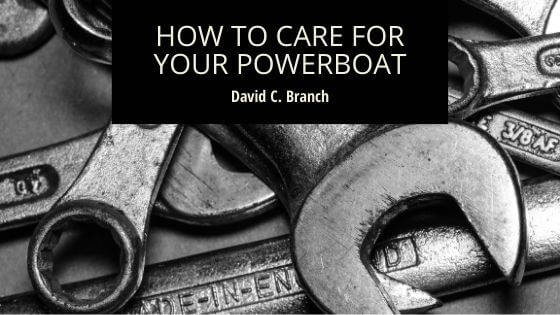Owning a powerboat allows you to conveniently enjoy the thrill that comes with speeding in the open waters. However, powerboats need a great deal of investment in terms of maintenance. Failure to maintain your powerboat will result in rapid structural deterioration, and soon you may have to deal with frequent breakdowns. Here are some ideas on what to focus on when caring for your powerboat.
Keep It Clean
Cleaning your powerboat regularly is the most crucial maintenance aspect that will guarantee to retain its pristine look. Neglecting the regular cleaning recommended on your powerboat will result in the accumulation of dirt, which may degrade the fiberglass coating and cause it to rust. Regularly wiping the boat’s interior and exterior surfaces also allows you to see and address any gradual build-up of structural issues, such as cracks and rust.
Get an Inspection
Just like a normal personal car, it is important to schedule a regular inspection on your powerboat. A thorough powerboat inspection is targeted at maintaining its pristine condition while also noticing any structural damage right on time. A thorough inspection also includes a checkup of the engine, which is the single most important part of your boat. The highly trained professionals who conduct a thorough inspection also can capture problems that would go undetected to the untrained eye.
Engine Checks
Proper powerboat maintenance should also include regular checks on the engine. Checking the engine oil, preferably once each day before you go for a ride, ensures that you capture slight reductions in the levels. The worst thing you could do to your powerboat engine is running it on low oil levels as this would cause the engine to knock. You should also target changing the engine oil at least once after every couple hundred hours of riding.
Check the Engine Hoses
Engine hoses are some of the most delicate parts of your engine, as they are highly susceptible to cracking and breaking. Checking the engine hoses regularly allows you to capture any unnoticed detail whose neglect may escalate to serious problems. On average, most engine horses have a lifespan of up to 10 years, after which they should be removed and replaced as they tend to be too brittle.

